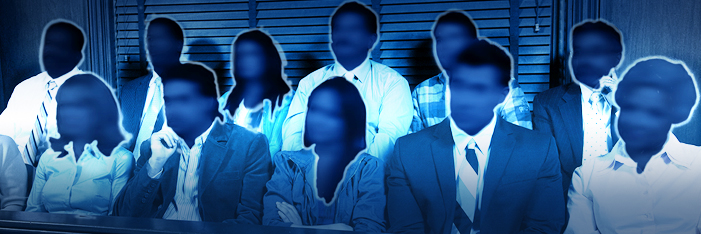Jury duty and disabilities
Following an article I wrote recently on jury selection, I was contacted by a Stephen W., a psychiatrist, who asked that I inform people who suffer from disabling conditions about their rights if called for jury selection. I was reluctant to write this article, as I do not want to provide people with excuses to …


